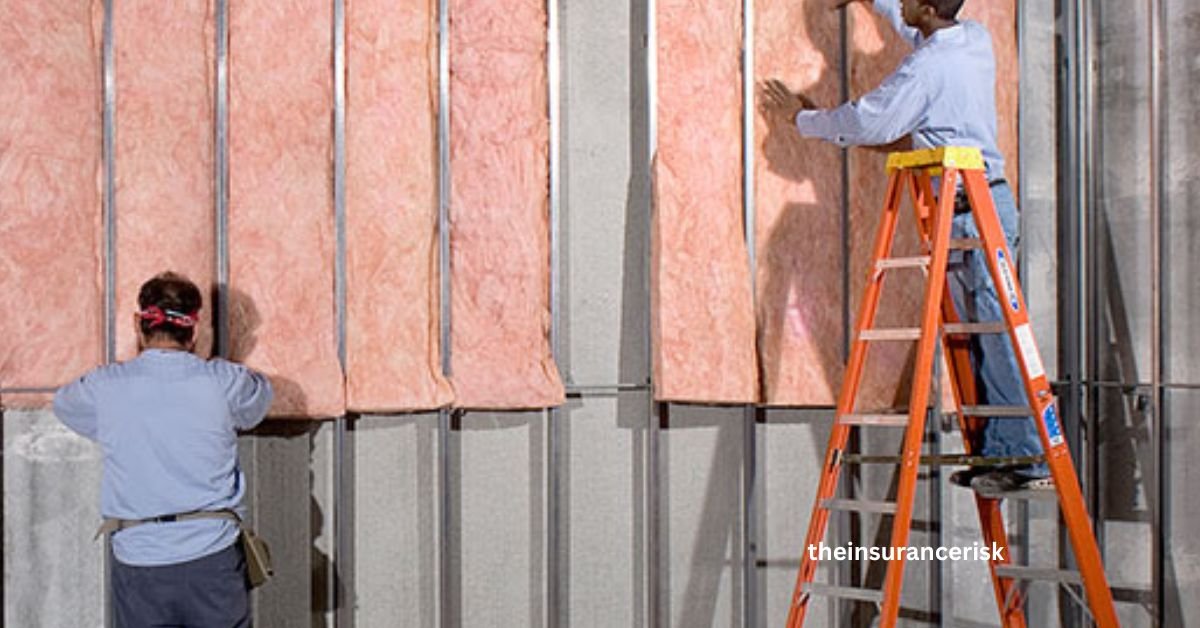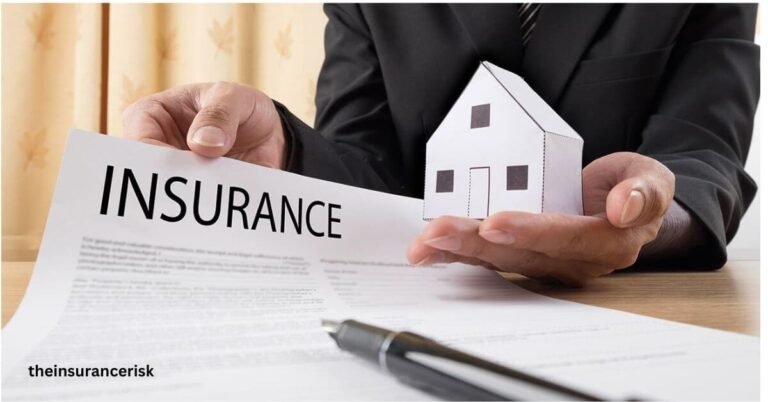Securing Your Success: A Comprehensive Guide to Hazard Insurance for Small Business
Hazard insurance for small businesses acts as a protective shield for your business premises and equipment. Often known as business property insurance, it safeguards against structural damage caused by various risks, similar to how home hazard insurance shields your residence. Whether you own or rent your business space, this coverage ensures resilience against unforeseen events.
Hazard insurance for small businesses plays a crucial role in insurance, analogous to its counterpart in the residential domain. As homeowners secure their homes with hazard insurance, companies can fortify their establishments against potential structural harm. Also called business property insurance or commercial property insurance, small business hazard insurance is crucial. It’s essential when considering the financial impact of damages from bad weather, fires, or vandalism.
Hazard Insurance Important For A Business
In the business landscape, the importance of hazard insurance for small businesses is evident in its role as a financial safeguard for your building and business personal property (BPP). This encompasses vital tools, office supplies, furniture, and machinery, shielding against potential losses from theft, damage, or loss. This coverage, often integrated into commercial property insurance, ensures the comprehensive protection of your business assets, emphasizing its essential role in fortifying your financial resilience.
In some places, you might not be required to get hazard insurance, but taking a careful approach shows an intelligent move. Without it, you’d have to handle repair or replacement costs alone, putting a strain on your finances. Getting small business hazard insurance makes practical sense, acting as a proactive shield for your business and ensuring financial stability.
Business Hazard Insurance Covers
Hazard insurance for small businesses offers a comprehensive safety net by covering various property damages and losses. Generally, hazard insurance covers losses and damages caused by events such as:
1:- Theft
2:- Fire and smoke
3:- Hail
4:- Explosions
5:- Natural disasters, like blizzards or hailstorms
If such covered damage prevents your business from operating, hazard insurance can also help replace the income you might lose during the downtime. It’s a shield against financial strain, emphasizing the importance of securing hazard insulation for small businesses to ensure the resilience of your business.
Hazard insurance for small businesses goes beyond the usual problems and covers business-related things. It protects against explosions, vehicle damage, power surges, outages, vandalism, and civil unrest. But be aware that events like floods and hurricanes might not be covered in some risky areas. So, always check with your insurance provider regularly to ensure you have the proper protection for your small business. This helps keep your finances strong and steady against unexpected problems.
Business Hazard Insurance Required For An SBA Loan
When seeking a Small Business Administration (SBA) loan for your budding business, having business hazard insurance is not just a good idea. It’s a requirement. SBA mandates that companies applying for loans, including economic injury disaster loans (EIDL), must provide proof of hazard insurance coverage. This ensures that the assets being funded are protected, aligning with the standard practice of most lenders. The coverage needs to be under the name of your business, covering at least 80% of the loan amount, and obtained within 12 months of loan approval, emphasizing the pivotal role of small business hazard insurance in securing financial support for your enterprise.
Consider SBA’s hazard insurance requirement, like car insurance for a financed car. It’s a safety net for collateral. Whether it’s an SBA 7(a) loan for business growth or a 504 loan for real estate, hazard insurance ensures funds are there to fix or replace collateral in case of damage. This rule and extra coverage based on the loan type highlight small business hazard insurance as a vital layer in loan approvals, safeguarding both the borrower and the lender.
Small Businesses Need Hazard Insurance
Hazard insurance for small businesses is crucial for any business owner who owns or rents a business property. While some states might not demand it, having this coverage is a smart move to safeguard your business assets. With it, you could cover repair or replacement costs out of your pocket, potentially causing financial strain. Manufacturers with expensive equipment, wholesalers dealing with extensive inventories, and retailers susceptible to inventory loss. Even restaurants facing risks like food spoilage find value in hazard insurance. Sole proprietors and home-based businesses may also need it to protect against theft, fire, and other losses.
Almost every type of business, as mentioned, benefits from hazard insurance, not just to secure funding but to protect hard-earned assets. For instance, if you’ve invested in high-end decor for a restaurant. You’d want to ensure its replacement in case of damage. Even some states may require it for businesses run from home offices. Mortgage lenders often mandate small businesses to have insurance coverage before securing a loan, aligning with the principle that banks want to protect their investments in case of unforeseen events.
Conclusion
In essence, hazard insulation for small businesses acts as a protective shield, guarding your premises and assets against unforeseen issues. This guide underscores the critical role of hazard insulation across various business types, from manufacturers safeguarding pricey equipment to retailers concerned about inventory loss. Whether pursuing an SBA loan or proactively managing your business, obtaining hazard insulation is a strategic move. Consider it akin to car insurance for a financed vehicle, ensuring you have the resources to address unexpected setbacks. Small business hazard insulation isn’t merely a requirement; it’s a savvy choice to fortify your business and ensure stability amidst potential challenges.







